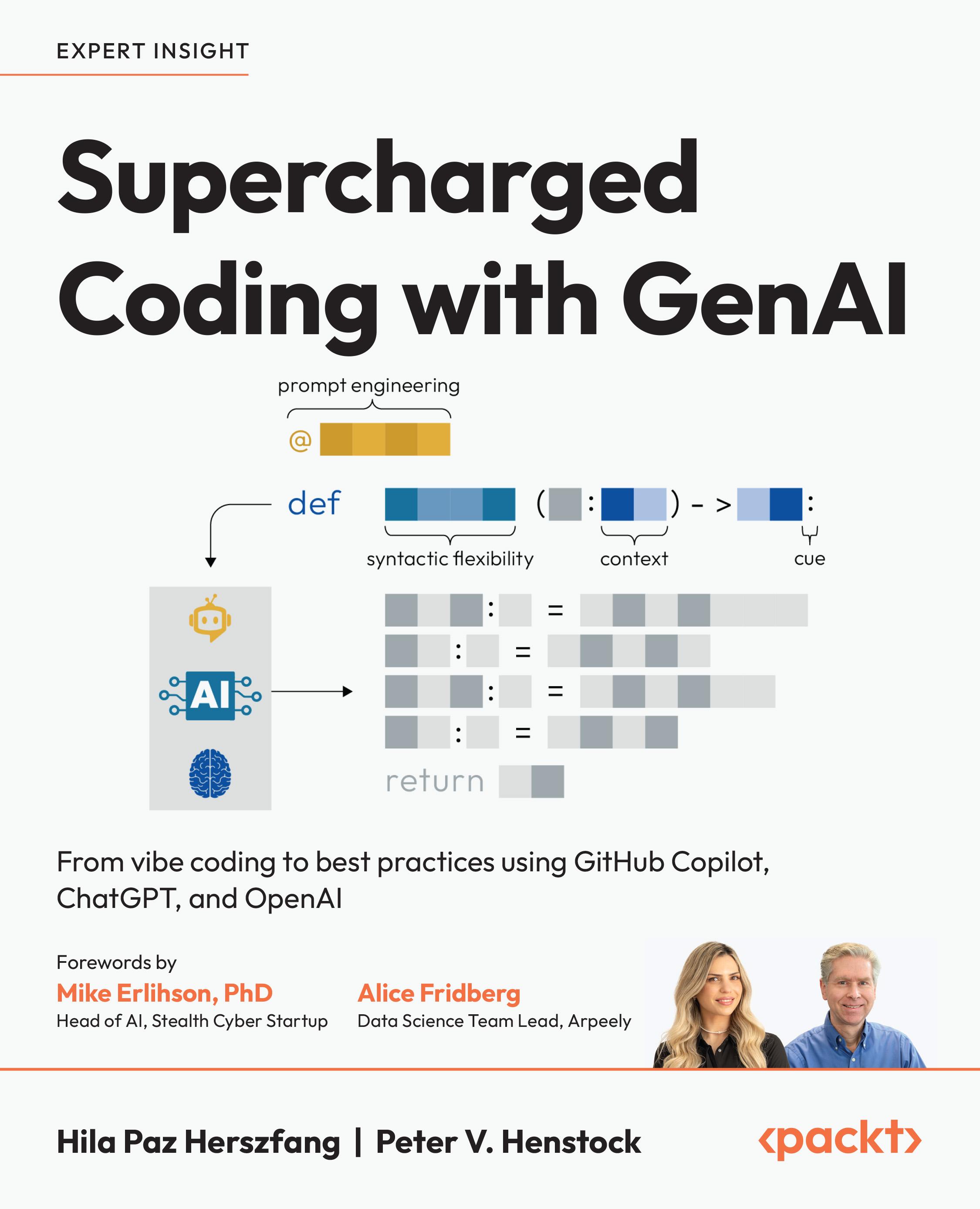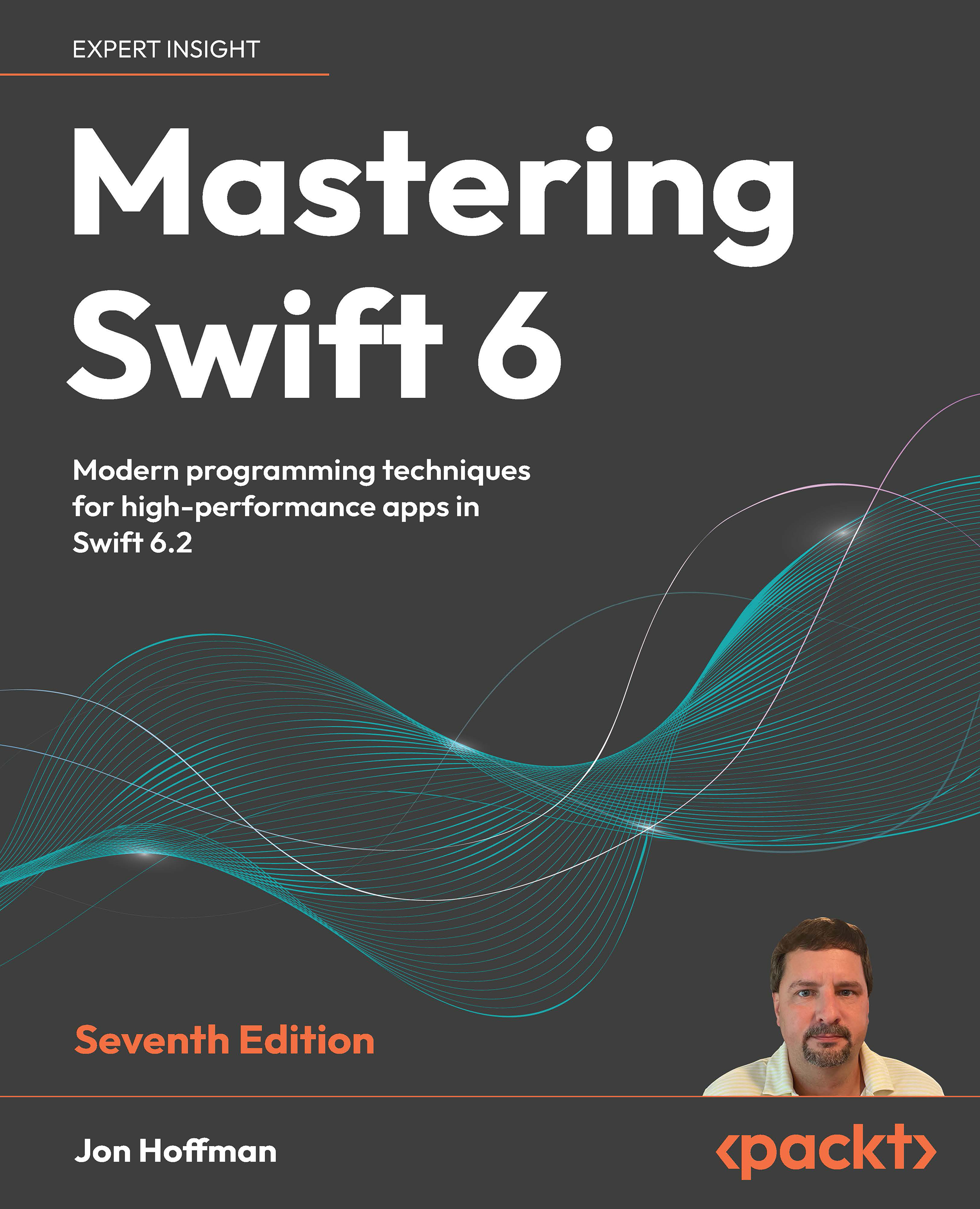-
Comprehensive coverage of Go syntax, functions, and advanced concepts
-
Hands-on projects and real-world examples for practical Go programming
-
In-depth lessons on concurrency, error handling, and efficient data structures
This comprehensive course begins with an introduction to Go, covering installation, configuration, and the basics like the main function, compiling programs, and creating modules. You'll explore Go's standard library and learn to use external packages for extended functionality. Topics like variables, constants, and basic types will be covered in detail to give you a strong foundation for building real-world applications.
As you progress, you'll dive into advanced topics such as functions, pointers, and arrays. You'll learn how to use pointers for memory management and define efficient functions. With Go's unique handling of arrays and slices, you’ll gain the skills to manipulate data structures effectively. The course also covers control flow using conditionals and loops, ensuring you can manage program logic with ease.
The final sections focus on Go's powerful features, including structs, interfaces, error handling, and concurrency with goroutines. You’ll learn to build applications that handle multiple tasks at once, boosting efficiency and performance. Practical exercises and projects will prepare you for real-world development. By the end, you'll be equipped to tackle advanced Go programming tasks and create high-performance, scalable applications.
This course is ideal for developers looking to learn Go (GoLang) from scratch or enhance their skills with Go’s advanced features. No prior Go experience is required, though basic programming knowledge in any language is beneficial. This course is suitable for anyone interested in building fast, efficient, and scalable applications with Go.
-
Install and configure Go for development environments
-
Master Go syntax, including variables, constants, and types
-
Create and call functions efficiently using Go
-
Work with pointers and memory addresses in Go
-
Manage data structures using arrays and slices
-
Implement concurrency with goroutines for efficient execution
 United States
United States
 Great Britain
Great Britain
 India
India
 Germany
Germany
 France
France
 Canada
Canada
 Russia
Russia
 Spain
Spain
 Brazil
Brazil
 Australia
Australia
 South Africa
South Africa
 Thailand
Thailand
 Ukraine
Ukraine
 Switzerland
Switzerland
 Slovakia
Slovakia
 Luxembourg
Luxembourg
 Hungary
Hungary
 Romania
Romania
 Denmark
Denmark
 Ireland
Ireland
 Estonia
Estonia
 Belgium
Belgium
 Italy
Italy
 Finland
Finland
 Cyprus
Cyprus
 Lithuania
Lithuania
 Latvia
Latvia
 Malta
Malta
 Netherlands
Netherlands
 Portugal
Portugal
 Slovenia
Slovenia
 Sweden
Sweden
 Argentina
Argentina
 Colombia
Colombia
 Ecuador
Ecuador
 Indonesia
Indonesia
 Mexico
Mexico
 New Zealand
New Zealand
 Norway
Norway
 South Korea
South Korea
 Taiwan
Taiwan
 Turkey
Turkey
 Czechia
Czechia
 Austria
Austria
 Greece
Greece
 Isle of Man
Isle of Man
 Bulgaria
Bulgaria
 Japan
Japan
 Philippines
Philippines
 Poland
Poland
 Singapore
Singapore
 Egypt
Egypt
 Chile
Chile
 Malaysia
Malaysia











